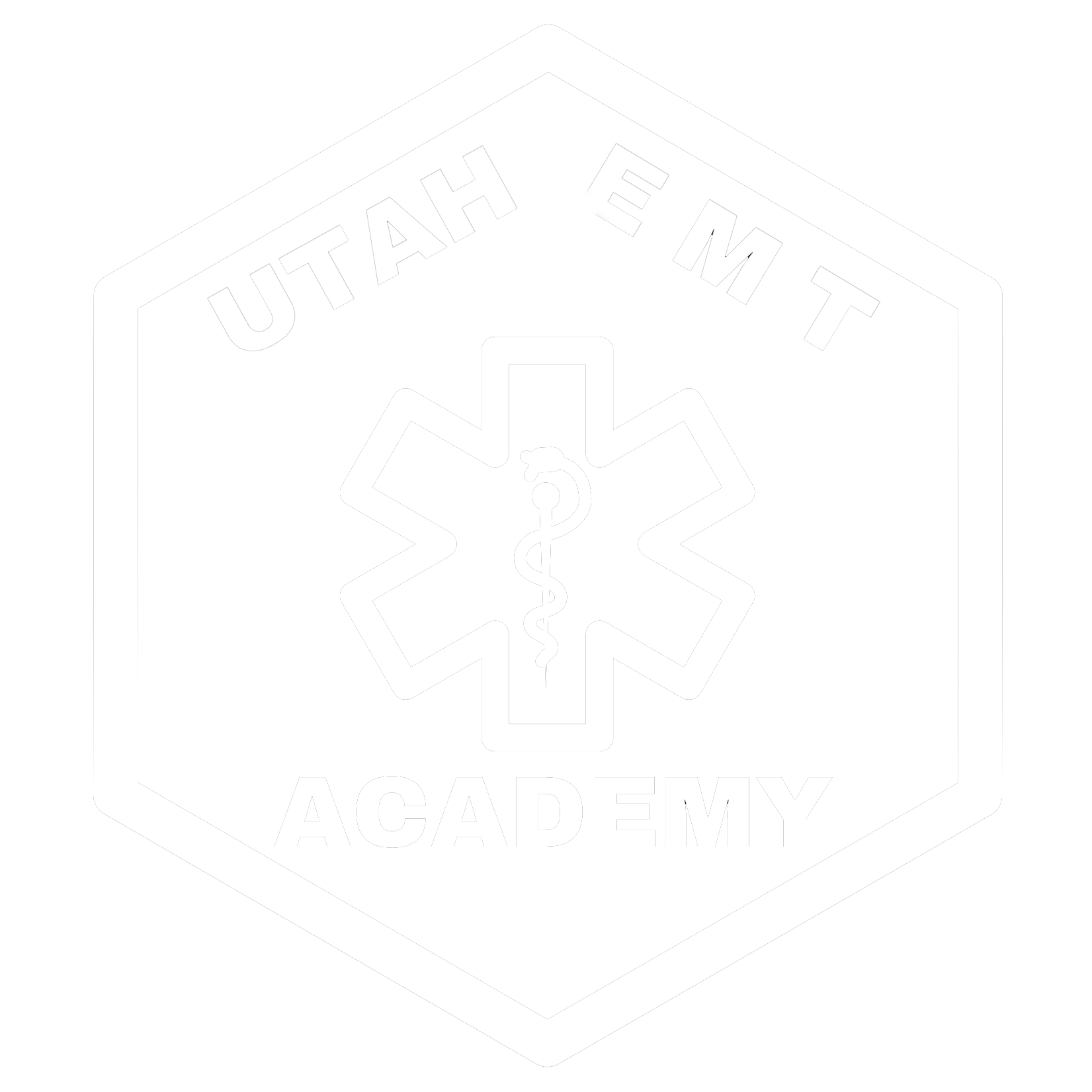EMT
The EMT is the foundational level of pre-hospital emergency medical provider. EMTs are trained to assess patients, recognize signs and symptoms of illness and injury, and provide essential basic life support (BLS). Key skills include managing airways, administering oxygen, performing CPR and using an AED, controlling bleeding, splinting fractures, administering medications, and safely packaging and transporting patients to the hospital. This certification is the essential first step for a career in emergency medical services. Click here to learn more about this course or enroll.
Advanced EMT
The Advanced EMT builds directly upon the knowledge and skills of an EMT. AEMTs possess a more extensive scope of practice, allowing them to provide limited advanced life support. In addition to all EMT skills, AEMTs are typically trained to establish intravenous (IV) access to administer fluids and certain medications, utilize supraglottic airways (advanced devices placed above the vocal cords), and have a broader understanding of pathophysiology. The AEMT role serves as an intermediate step between the EMT and Paramedic levels.Click here to learn more about this course or enroll.
Paramedic
Paramedics represent the highest level of pre-hospital clinical licensure. They provide comprehensive advanced life support (ALS) care. Paramedics perform in-depth patient assessments, interpret electrocardiograms (ECGs) to identify cardiac issues, establish advanced airways like endotracheal tubes, administer a wide range of life-saving medications, and perform complex procedures such as needle chest decompression or synchronized cardioversion. Their extensive training equips them to manage critical trauma and medical patients autonomously in diverse emergency settings. Click here to learn more about this course.
Basic Life Support
BLS certification is a required course focused on the fundamental skills needed to recognize and respond to life-threatening emergencies, particularly cardiac arrest and choking. It covers high-quality cardiopulmonary resuscitation (CPR) for adults, children, and infants, the proper use of an Automated External Defibrillator (AED), providing rescue breaths, and relieving airway obstructions. This certification is essential for all healthcare providers, including EMTs, AEMTs, and Paramedics, and often serves as a prerequisite for more advanced courses. Click here to learn more about this course or enroll.
Advanced Cardiac Life Support
ACLS is an advanced certification course designed for healthcare professionals who manage cardiovascular emergencies.It builds upon BLS skills, emphasizing the importance of continuous, high-quality CPR. The course covers advanced topics such as airway management, ECG rhythm interpretation, electrical therapies (defibrillation, cardioversion, pacing), managing acute coronary syndromes and stroke, understanding related pharmacology (drugs used in resuscitation), and leading resuscitation teams effectively using established algorithms. ACLS is typically required for Paramedics and other advanced providers. Click here to learn more about this course or enroll.
Pediatric Advanced Life Support
PALS is a specialized certification course focusing on the assessment and management of critically ill or injured infants and children. It equips healthcare providers with the skills to recognize and treat pediatric respiratory failure, shock, and cardiopulmonary arrest. The course emphasizes a systematic approach to pediatric assessment, effective respiratory management, pediatric pharmacology, rhythm disturbances, vascular access techniques (IV/IO), and team dynamics specific to pediatric resuscitation scenarios. PALS is crucial for Paramedics and any provider frequently caring for pediatric patients. Click here to learn more about this course or enroll.






